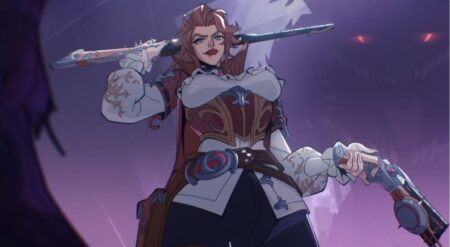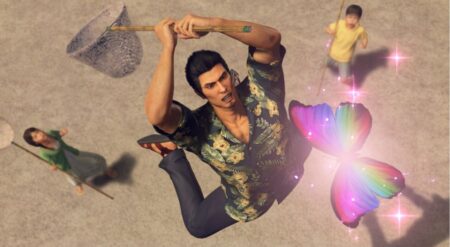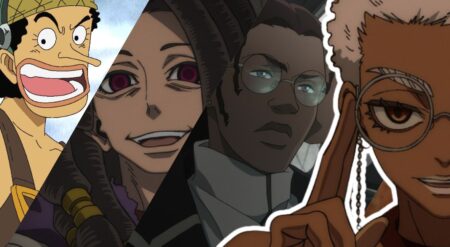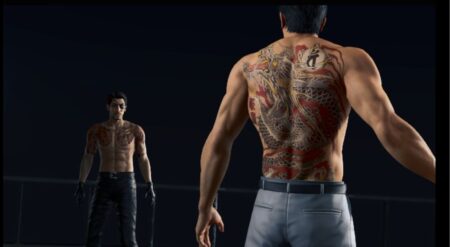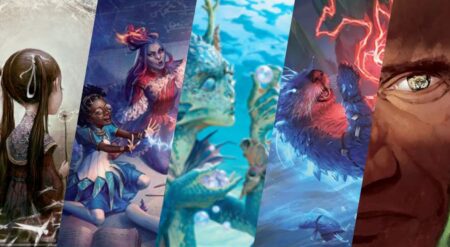
I had a whole article prepared about races in fantasy and how Wizards of the Coast’s Dungeons and Dragons (D&D) franchise was going to address the problem of racism that is as old as the genre itself. The newest D&D book, “Tasha’s Cauldron of Everything,” has been much-hyped for its promise to provide new mechanics and lore to rework race in the incredibly popular game. This was even more important after Wizards came under fire for several racist cards that were eventually banned from their other major franchise, Magic: The Gathering. It turns out that “Tasha’s Cauldron of Everything” didn’t do any of that. In fact, on issues of race, it feels like a massive sidestep of the issue at hand.
Ultimately, the book has exactly zero pages on race. Instead, it has less than two pages on how to tweak the “background” mechanic—which essentially gives bonuses based on a character’s upbringing—so that your character can be an atypical representation of their race.
Instead of trying to move away from harmful Black stereotypes for orcs, the book shrugs and says “maybe your character isn’t a stupid brute with anger issues, but most orcs still are.” For those interested in a thorough, academic look into race in fantasy, I highly recommend Race and Popular Fantasy Literature: Habits of Whiteness, by Helen Young. It doesn’t take a PhD to recognize, however, that Wizards saying, in essence, “you can be one of the good ones” is tone-deaf at best.
“Tasha’s Cauldron of Everything” says that the rules from previous D&D books provide “suggestions” about personality and cultures for the “archetypal adventurers” of a given race. Adventurers are special and the ones of a given race who go on world-shaping quests tend to be special in similar ways. That’s why the rules say that all dwarves (or dwarf adventurers, apparently) have higher than average Constitution scores.
The book doesn’t say anything about why the archetype for a D&D dwarf has a big nose, a big beard, and a language explicitly based on Hebrew. It also doesn’t say anything about why half-orcs have a “rage that simmers within them” and “feel emotion powerfully,” two common historical stereotypes for Black people. “Tasha’s Cauldron of Everything” certainly doesn’t explain why orcs are not a “civilized race” according to the “Player’s Handbook.”
Wizards opted not to try to address the racism built into the fantasy genre since The Lord of the Rings and Conan the Barbarian. Instead, they just said “you might be different,” which sounds an awful lot like “you might be one of the good ones,” to me.
“Tasha’s Cauldron of Everything” has not just failed to even try to make the genre less racist. From a purely mechanical perspective, the way this book deals with races is a deeply lazy move on Wizards’ part. They didn’t come up with new mechanics beyond one short (5×2) table for trading weapon and tool proficiencies. Instead, they just said, “do whatever you want.”
Astute readers will note we could already do what we wanted with the rules because there’s no computer holding us back, only our imaginations. That’s the point of D&D. What we wanted was lore and mechanics to help move beyond the stereotypes.
It was already easy enough to make our own rules to avoid stereotypes if we wanted to. The internet abounds with examples of custom races and subraces. Matthew Mercer (of Critical Role fame) deliberately moved beyond orc stereotypes in his Wildemount campaign setting, noting that orcs in Wildemount are not inherently evil or violent. One of my favorite things to do is to make factions that are multiracial. What they do is a result of historical factors specific to the faction rather than biological predetermination.
Someday, I’ll publish my article about race and why Wizards should change how they deal with it. I’ll talk about why fantasy authors should stop using the word “race,” in favor of something like “species.” (Hell, Tasha’s Cauldron of Everything even says that “character race in the game represents your character’s fantasy species”—then why are we calling it a race?). I’ll also address why their diversity statement doesn’t go nearly far enough.
For now, I’m deeply disappointed in Wizards’ decision to pretend that race isn’t an issue in their IPs.

